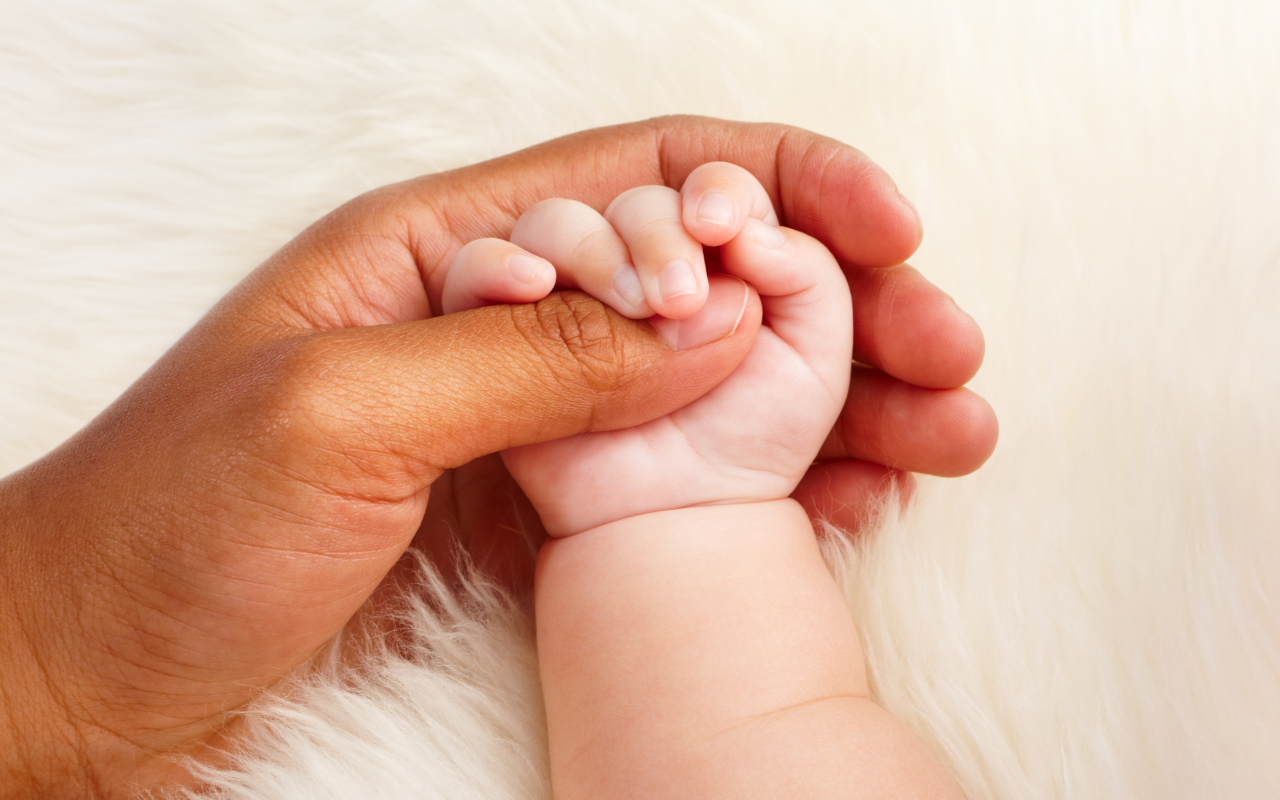Adoption in the Philippines: A Simplified Guide
Adoption is a legal and social process that provides a child with a permanent family when their biological parents can no longer care for them. Through adoption, all parental rights and responsibilities are permanently transferred to the adoptive parents, granting the child the same legal status as a biological child.
Adoption in the Philippines
With the enactment of Republic Act No. 11642 or the Domestic Administrative Adoption and Alternative Child Care Act of 2022, adoption in the Philippines has become a purely administrative process. The National Authority for Child Care (NACC) now handles all petitions for domestic adoption, streamlining the process for prospective parents.
Below are key provisions of RA 11642 that individuals or couples should consider before pursuing adoption:
Who Can Adopt?
-
Filipino Citizens who:
- Are at least 25 years old and fully capable of exercising civil and legal rights.
- Have no criminal record involving moral turpitude.
- Are of good moral character and can serve as positive role models.
- Are emotionally and psychologically capable of raising a child.
- Are at least 16 years older than the adoptee (except when adopting a biological child or a spouse’s child).
- Have the financial means to support and care for the child.
-
Legal Guardians (after fulfilling all financial obligations related to the ward).
-
Foster Parents (wishing to legally adopt their foster child).
-
Philippine Government Officials and Employees Abroad, provided they can bring the child with them.
-
Foreign Nationals who:
- Have been permanent residents in the Philippines for at least five (5) years.
- Meet the same qualifications as Filipino adopters.
- Come from a country that:
- Recognizes Philippine adoption laws.
- Allows the adopted child to enter as a legal child of the adopter.
- Residency requirements may be waived for:
- Former Filipino citizens adopting a relative within the fourth degree of consanguinity (blood relation) or affinity (relation by marriage).
- Foreigners adopting their Filipino spouse’s legitimate child.
- Foreigners married to a Filipino, jointly adopting a relative of the Filipino spouse.
-
Married Couples must jointly adopt, except in cases where:
- One spouse is adopting the other’s legitimate child.
- One spouse is adopting their own illegitimate child (with the other spouse’s consent).
- The spouses are legally separated.
Who Can Be Adopted?
- A child declared legally available for adoption.
- A spouse’s legitimate child.
- An illegitimate child seeking to improve their legal status.
- A Filipino adult treated as a child by the adopter for at least three (3) years.
- A foster child.
- A child whose previous adoption was rescinded.
- A child whose biological or adoptive parents have died (adoption cannot be initiated until six months after the parents’ passing).
- A relative of the adopter.
Legal Effects of Adoption
A Supreme Court ruling (G.R. Nos. 168992-93, 21 May 2009) outlined the legal consequences of adoption:
- Termination of Legal Ties – All legal ties between the biological parents and the child are severed, except when the biological parent is married to the adopter.
- Legitimate Status – The child is legally recognized as a legitimate child of the adopter.
- Reciprocal Rights & Obligations – The adopter and adoptee gain the same rights and responsibilities as biological parent and child, including:
- The right to choose the child’s name.
- The right of inheritance and support from each other.
Even after emancipation, the adoptee remains a legitimate child with full rights, such as:
- Bearing the adoptive parents’ surname.
- Receiving financial support from adoptive parents.
- Being entitled to successional rights.
Similarly, adoptive parents are entitled to the same legal benefits as biological parents.
The Purpose of Adoption
Adoption laws exist to prioritize the welfare of the child, ensuring they receive love, care, and protection in a stable home. These laws also provide an opportunity for childless individuals or couples to experience the joys of parenthood.
By streamlining adoption procedures and reinforcing legal safeguards, the Philippine government aims to make adoption more accessible, humane, and child-focused, ensuring that every child finds a family where they can thrive and be loved.



